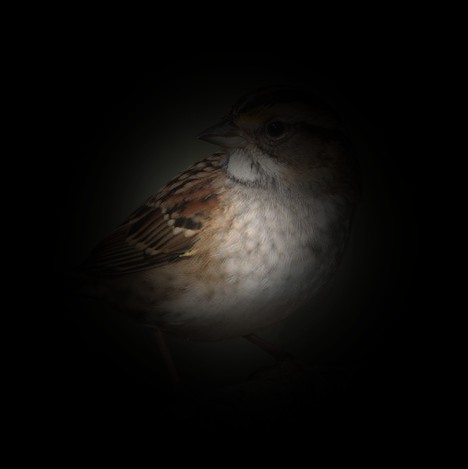Glaucoma: Causes, Symptoms & Treatment
Definition
Glaucoma refers to a group of eye conditions that lead to damage to the optic nerve. This nerve carries visual information from the eye to the brain. In most cases, damage to the optic nerve is due to increased pressure in the eye, also known as intraocular pressure(IOP).
Causes
Anterior chamber is the fluid (aqueous humour) filled front portion of the eye. If the drainage of this fluid from the anterior chamber is restricted, pressure builds us within the eye causing irreversible damage to the optic nerve thereby causing a permanent loss of vision. Individuals over the age of 40 as well as persons with myopia, hyperopia, or a family history of glaucoma are at an increased risk of developing glaucoma. Individuals who have sustained eye trauma or use corticosteroids are also at an increased risk.
Symptoms
- Most glaucoma’s remain a symptomatic until advanced stage. Hence periodic check-up, especially for those at risk, is necessary to detect glaucoma early.
- Some individuals, especially if there is a rapid build-up of eye pressure, may experience one or more of the following symptoms:
- Pain around the eyes when coming out from darkness (e.g., as soon as the person comes out of a theatre).
- Coloured halo rings seen around bulbs, especially during mornings and nights.
- Frequent change of reading glasses, headaches, pain and redness of the eyes.
- Reduced vision in dim illumination and during nights,
- Gradual decrease of the side vision.
- Blurring of vision.
Detection
The three basic tests in the detection of glaucoma are:
- Checking the pressure inside the eye.
- Inspection of the optic nerve.
- Testing the side vision by a computer assisted test called perimetry (visual field examination).

Early Glaucoma is hardly noticeable

Without proper treatment it will advance and eventually..

... result in huge loss of vision
Treatment
- Glaucoma cannot be cured. Appropriate treatment and regular follow-up can preserve residual vision from either damage.
- Several drugs are available to reduce fluid formation within the eye or promote their drainage from the eye. For most glaucoma patients, regular use of medications will suffice to control the pressure inside the eye. However, if the pressure control is not satisfactory other modalities like laser or surgery may have to be restored to.
Remember
- Glaucoma cannot be cured, only controlled.
- Vision lost due to glaucoma cannot be recovered.
- Early detection and the treatment of glaucoma, before it causes significant visual loss, is the ideal way to control the disease.
- It is the essential that persons above the age of 40 have their eyes examined periodically to detect glaucoma early.
- Glaucoma is not an infectious disease but may be hereditary. So, if anyone in the family has glaucoma, it is advisable that the rest of the family members have their eyes examined, periodically.
- Once diagnosed as having glaucoma, the patient should be committed for lifelong treatment. Periodic eye check-up is mandatory.
- Prescribed drugs should be taken regularly to ensure round-the-clock pressure control. Medications may cause a few undesired effects. In the event of any adverse effects, the patient must approach the Glaucoma Specialist immediately for alternate treatment.DRR eye hospital has the best glaucoma specialists in Chennai.



